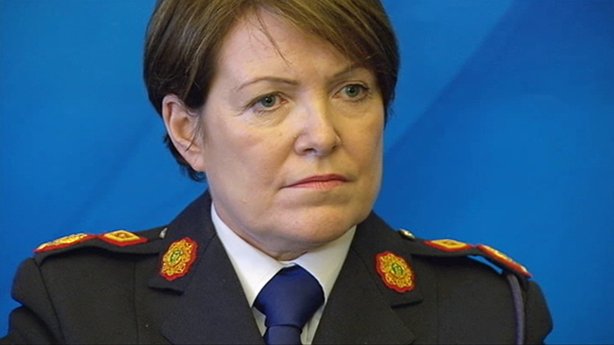An Garda Síochána and the culture of a dangerously corrupted police force
An Garda Síochána, more commonly referred to as the Gardaí is the police force of Ireland. For many years the Garda Síochána has faced allegations of corrupt and dishonest policing. There has been a history of the mishandling of investigations. This included the past failure of the Garda Síochána to protect victims of child abuse in the Dublin Archdiocese. Involving the church sexual abuse scandal in Ireland which revealed inappropriate relationships and contacts between Gardaí and the Dublin Archdiocese. This was at a time when deference to religious authorities was a factor in the failure to lay charges against any senior church figures.
Over the years ongoing recognition of failures and allegations of dishonest policing has attracted considerable attention, leading to government investigations and resulting in a number of reform initiatives. Sadly the dysfunctionality of An Garda Síochána has been evident for a long time and continues. Public confidence in the force is low and there is a widespread belief that they can do what they like and concoct stories to suite their own ends. Recent revelations have been shocking. Not least has been the treatment and attempts to threaten and undermine whistleblowers from within the Garda.
One of which involved Maurice McCabe. A Garda Sergeant, he tried to expose corruption within the police force. There then followed a number of suspected reprisals against Sgt Maurice McCabe for his actions. This has now led to a Tribunal being established into alleged Garda malpractice that will investigate claims that senior garda management directed a smear campaign against him. Including possible involvement in the fabrication of child abuse allegations against him. It is also alleged in a protected disclosure made by the former head of the Garda press office Supt David Taylor that he was instructed by senior Garda management to negatively brief the media and others about Sgt McCabe.
The latest controversy to hit the force is over breath tests and fixed charge notices. There were 146,000 motorists wrongly summoned to court for road-traffic infringements after they had already paid fixed-charge notices. Some 14,700 people were convicted and sanctions imposed. It was also revealed that from 2011 to 2016, the number of drink-driving tests gardaí claimed to have carried out was hugely exaggerated, by over 937,000. The exaggeration of drink driving tests has been described by some as "fake policing".
Now there will be another review, which has been promised as a root and branch review of the garda force. Unfortunately, there is little public confidence in the present weak Irish government and Minister for Justice doing what is necessary with the police force. There is a crisis of public confidence in respect of An Garda Síochána. The fear of a dangerously corrupted police force and the extent of the damage which has been done to the Gardaí is alarming. Now is the time for real root and branch reform.
The position of the present Garda Commissioner Nóirín O'Sullivan is no longer tenable and she has to go. The whole structure of the force needs to be reformed, including looking into more civilian involvement. The method of appointment to the senior ranks needs to be changed, alongside the engagement of a capable Garda Commissioner. Stronger powers need to be given to the Police Authority, the Garda Inspector and ombudsman. The Irish government needs to act to restore public confidence in An Garda Síochána so that people can have faith in the fundamental administration of justice in Ireland.






